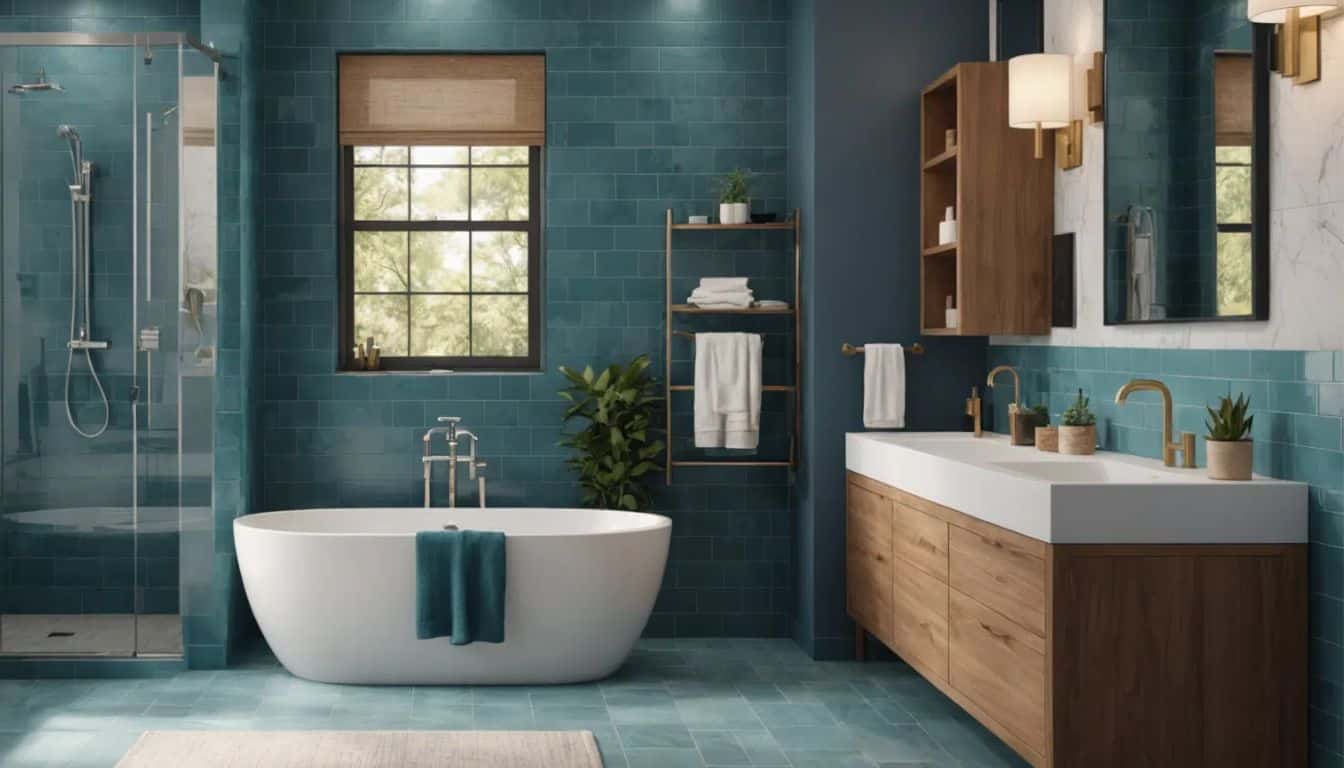With the arrival of winter, the home environment becomes a warm and welcoming refuge, but often we neglect air quality that we breathe.
Closed environments, in conjunction with the heating on, can lead to an accumulation of pollutants and a reduction of respiratory comfort.
Find out how to secure a healthy environment and pleasant despite the cold that surrounds us, through simple solutions and effective daily habits.
Are you ready to improve the air quality in your home? Let’s go see how!
Importance of regular ventilation
Keeping windows closed during the cold months may seem like the best option for containing heat, but it comes at a cost air exchange. L
’ventilation frequent helps to expel the volatile organic compounds they allergens present, improving the overall health of the environment. Be sure to open your windows daily for at least 10 minutes.
Consider doing this during the hours when external pollution it is smaller, like early in the morning.
The art of aeration: practical advice
To avoid excessive heat loss, ventilate each room separately. Take advantage of the moments when the heating is turned off for a while ventilation more effective.
Maintenance of ventilation systems
Devices like the controlled mechanical ventilation they are essential for good air quality. Make sure they are maintained regularly it is fundamental.
Cleaning or replacing the heating system filters every six months avoids accumulations of dust and bacteria. A good one operation of the devices not only improves theinternal airbut also increases overall energy efficiency.
Maintain a constant temperature
A regular temperature between 18°C and 21°C helps minimize the condensation and to maintain a healthy environment. Use programmable thermostats to ensure that heating is adequate and not excessive.
Importance of thermal insulation
And’adequate thermal inscription prevents the penetration of cold air and heat dispersion. This maintains theenergy efficiency and ensures a balanced environment from a humidity point of view.
Integrate insulating materials and check their condition often for maximum performance.
Manage air humidity
The level of humidity ideal it must be between 40% and 60%. Use humidifiers e dehumidifiers depending on your needs, or introduce plants that help naturally regulate humidity.
Choose the right heating systems
Opt for systems like heat pumps guarantees low emissions of harmful by-products. Always reserve the right to prefer systems with advanced filters for a significant improvement of air quality.







